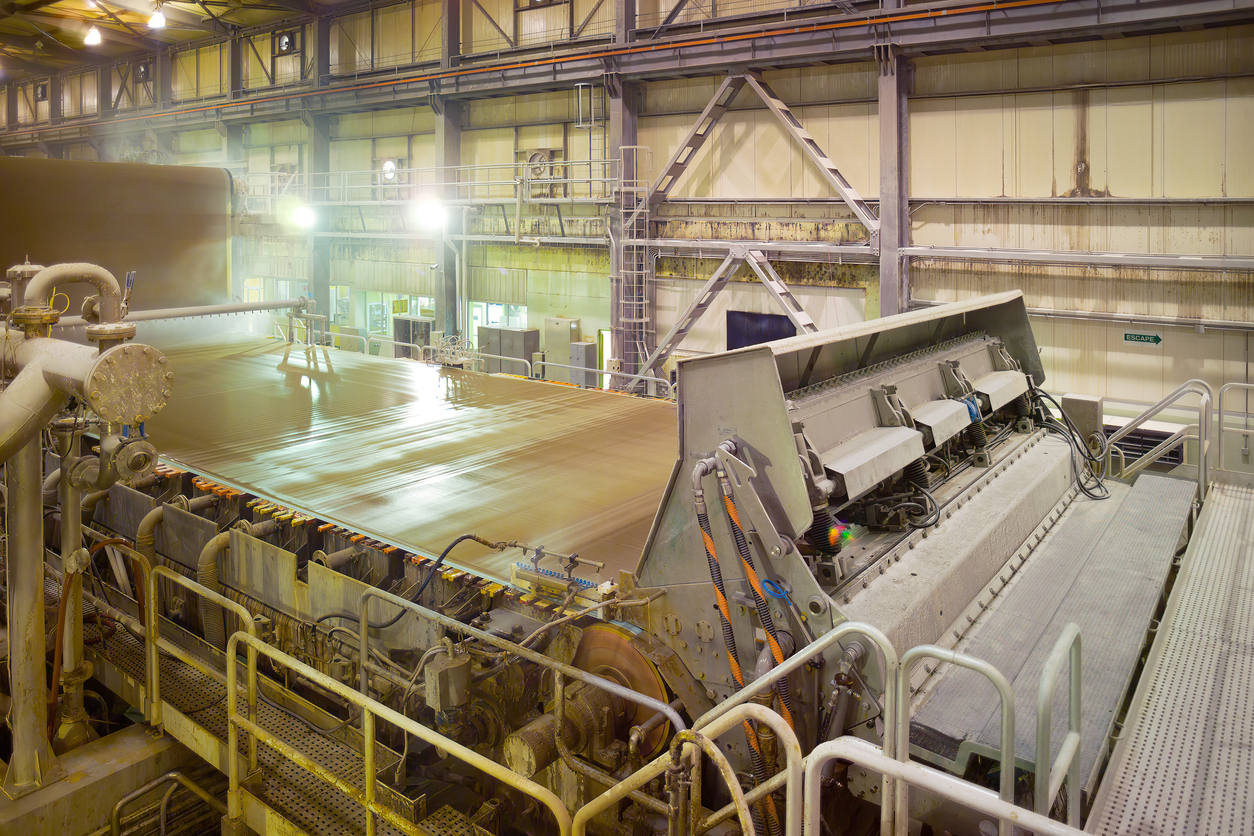Global Pulp Prices: Key Market Trends Shaping 2025
Pulp prices influence the cost of paper, packaging, tissue products, and many other materials used across Africa’s manufacturing, wholesale, and distribution sectors. For businesses that depend on steady supply—whether in FMCG, printing, hygiene products, or large-scale distribution—keeping track of pulp market trends is essential.
Below is a clear and practical guide to what drives pulp prices and how businesses can manage changing costs effectively. Wigmore Trading can help.
Key Factors That Influence Global Pulp Prices
Supply and Production Levels
Shortages caused by mill shutdowns, maintenance, or natural disruptions can tighten supply and increase prices. When mills increase capacity, prices typically stabilise. Importers should watch production levels in major pulp-producing regions such as Brazil, the US, Scandinavia, and Canada.
Demand from Packaging, Tissue, and Paper Industries
As global demand for packaging rises—especially due to e-commerce—pulp consumption also increases. Tissue products, hygiene goods, and board manufacturing are major drivers. When demand spikes, prices tend to rise quickly.
Exchange Rates and Trade Dynamics
Pulp is traded globally, often priced in US dollars. Currency fluctuations therefore impact the final cost for African buyers. Stronger dollar values can make imports more expensive, while weaker values can bring relief.
Transportation and Logistics Costs
Freight rates, port congestion, and shipping schedules all affect pulp prices. During periods of high container demand, transport costs may rise sharply. Efficient logistics partners help reduce this volatility—Wigmore Trading can support your routing and shipment planning.
Environmental Regulations and Sustainability Trends
Stricter environmental standards in producing countries can impact production efficiency and cost. At the same time, rising demand for sustainable packaging drives increased interest in certified pulp, influencing market dynamics.
How Businesses Can Manage Pulp Price Volatility
Diversify Sourcing Regions
Relying on a single supplier or region increases risk. Wigmore Trading helps buyers access pulp from multiple global sources, improving supply security.
Forecast Demand Early
Clear planning allows importers and manufacturers to secure stock when prices are favourable. Having accurate projections also reduces emergency purchases at peak market rates.
Optimise Logistics and Consolidate Shipments
Consolidated shipments reduce freight costs and protect your margins. Wigmore Trading offers shipping coordination and bulk purchasing options for African wholesalers and manufacturers.
Explore Alternative Grades or Products
In some industries, switching between hardwood, softwood, or recycled pulp may provide cost savings. A specialist sourcing partner can guide you on the most suitable alternatives for your production needs.
Work With a Trusted Import Partner
A knowledgeable trading partner provides updated price insights, reliable supply chains, and solutions tailored to your business. Wigmore Trading supports importers, distributors, and manufacturers across Africa with secure sourcing and efficient logistics.
Get in touch with our team to learn more.
Why Work With Wigmore Trading?
Wigmore Trading specialises in importing and distributing raw materials, FMCG products, and packaging materials across West Africa and beyond. We help businesses secure stable supplies, navigate market shifts, and streamline logistics from origin to final delivery.
Contact Wigmore Trading today to streamline your sourcing.








Comments are closed.